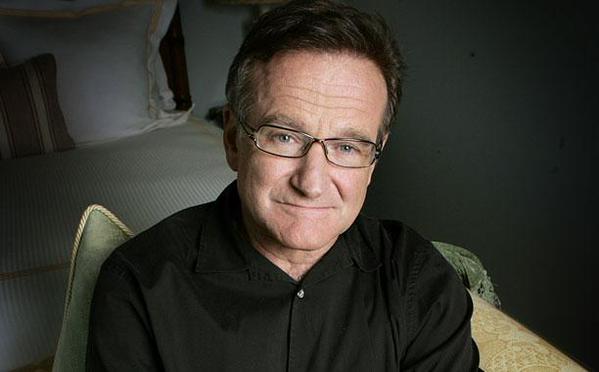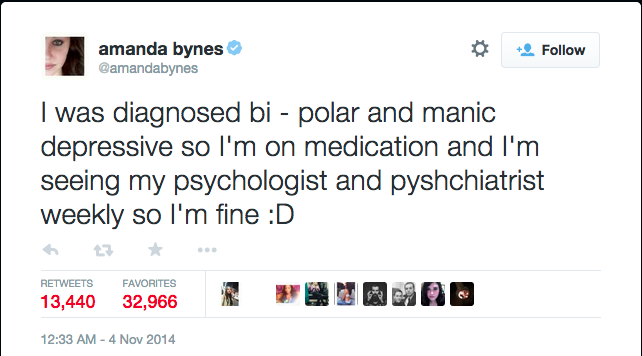Are Mental Breakdowns A Cultural Commodity?

Almost six months after the death of comedian and actor Robin Williams, the public continues to speculate over the details of his passing. His death was ruled a suicide by hanging - a heartbreaking yet all too predictable end for someone in a lifelong struggle with depression and anxiety.
READ MORE: Actor-Comedian Robin Williams Found Dead
Distraught fans were shocked by the dichotomy. Williams brought so much happiness while keeping his suffering quietly locked away, only letting it surface for the occasional comment. He was locked in a noble struggle. Nobody ever called him crazy.
Sadly, Williams remains the exception in a long tradition of demonizing mental illness in celebrity culture. Already highly stigmatized, the pressures of constant public attention do little to ease the mental burden.
READ MORE: 7 Best Robin Williams Roles
Tabloids grab hold of any perceived weakness and exploit it. Singer Taylor Swift is no stranger to this phenomenon. She fought back after being repeatedly lampooned as a serial dater by the media. But they are only half to blame. They simply produce the material we want to consume. The latest celebrity DUI or stint in jail is simply seen as an extension of an onstage performances. We use the suffering of others to delight us.
Mental illness in the public eye often creates a spectacle. This occurred notably with actor Shia LaBeouf. After appearing at the premiere of his film “Nymphomaniac” with his (ironically now infamous) “I am not famous anymore” paper bag mask, public interest in him was piqued. His performance art piece titled #IAMSORRY stirred up even more trouble in what amounted to a cry for public outreach. But LaBoeuf's plight garnered little sympathy. Whispers circulated of a mental breakdown. And it was. But we made it a dirty word.
Later, LaBeouf explained his behaviors as part of a larger mental breakdown. He spoke with Ellen DeGeneres publicly about his issues, saying “I went through like an existential crisis.” While he was a good sport for the audience, their bouts of laughter surrounding the issue are a concerning barometer of how we regard mental illness.
Actress Amanda Bynes also suffered while in the limelight. After a slew of DUIs and other charges, she was placed in psychiatric hold. There was shock and horror expressed, but nary a sympathetic comment in the media. Public perceptions of her were tied to her harmless pre-teen days as a child actress. More emphasis was placed on missing the “old Amanda Bynes” than on concern for her present-day well-being.

Even today, the stigma of mental illness still stains the two actors' reputations—they are now “post-crazy.” Mental illness is a shifting beast. It always lurks beneath the surface. But the “crazy” label just depends on how well you can hide it.
READ MORE: Is Suicide Selfish Or Selfless?
Robin Williams hid it well. Tragically well. Our jeering and gawking at mental despair creates a culture of sequestering our real feelings from the outside world. Only when the bottled-up hurts reach an unbearable level is there release—sometimes in the form of a mental breakdown, sometimes in a more morbid and final action. Williams is remembered as a suffering hero, not as mentally disturbed head case. Does it take a death for us to start taking mental illness seriously?
But these are celebrities. You might make the argument that they are there to be observed. But celebrity or no, this is indicative of our culture at large. How we treat celebrity issues inform how we treat issues on a personal level. If we make a mockery of their mental illness or their emotional suffering, then we are setting ourselves up for mockery.
Contact Staff Reporter Nate Gualtieri here.



